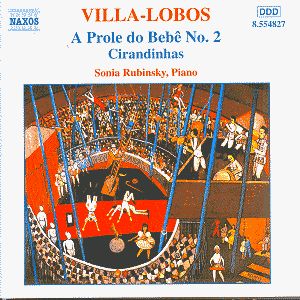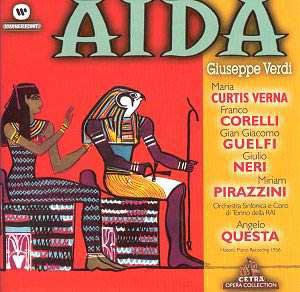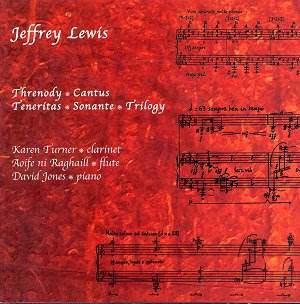 Composer: Heitor Villa-Lobos
Composer: Heitor Villa-Lobos
Works: A Lenda do Caboclo, Ondulando, Valsa da Dor, A Prole do Bebê No. 2, Cirandinhas
Performers: Sonia Rubinsky, piano
Recording: Grace Church on the Hill, Toronto, April 2000
Label: NAXOS
Heitor Villa-Lobos, a titan of Brazilian music, occupies a unique place in the pantheon of 20th-century composers, whose works oscillate between the pulsating rhythms of Brazilian folk traditions and the more esoteric textures of European modernism. His piano music, often characterized by its vibrant rhythms and eclectic influences, serves as a compelling testament to his complex identity as a composer. The second volume of Sonia Rubinsky’s recordings of Villa-Lobos’s piano music showcases his later output, including selections from “A Prole do Bebê” and various shorter pieces, all while illuminating the composer’s innovative spirit.
Rubinsky’s interpretation of “A Prole do Bebê No. 2” is striking in its ability to navigate the multifaceted layers of Villa-Lobos’s writing. The work employs unconventional meters and a rich tapestry of harmonic language, effectively transforming Brazilian folk melodies into a modernist dialogue. In the piece “O Ursozinho de algodão,” for example, Rubinsky deftly manages the moto perpetuo figure, creating a rhythmic drive that is both relentless and captivating. This is complemented by her ability to shape the off-beat accents in the left hand, which adds an electrifying tension to the performance. Such technical prowess reveals not only the considerable demands placed on the pianist but also the inherent theatricality of the score.
The recording quality is commendable, with NAXOS providing a natural and sympathetic acoustic that allows Rubinsky’s nuanced touch to resonate clearly. Each note is articulated with precision, enhancing the clarity of Villa-Lobos’s often dense textures. The engineering captures the contrasting sonorities of the piano, whether in the melancholic “A Lenda do Caboclo,” which envelops the listener in its hypnotic atmosphere, or the more buoyant “Ondulando,” which fits comfortably within the salon tradition, displaying a lighter, more lyrical side of the composer. The soundscape is well balanced, allowing for both the grandeur and intimacy of the music to shine through.
Rubinsky’s approach to the “Cirandinhas” is particularly noteworthy. These miniature gems, some lasting barely a minute, encapsulate the essence of childhood and simplicity through Villa-Lobos’s characteristic harmonic twists. They serve as a delightful contrast to the more complex pieces, while the “Little Round Songs” maintain a childlike perspective without sacrificing the composer’s distinctive voice. Her interpretation breathes life into these short works, revealing the intricate playfulness within their brevity. The performance of “Lindos olhos que ela tem” is especially enchanting, showcasing Rubinsky’s ability to evoke both delicacy and depth.
This volume stands out not only for its exquisite performances but also for its insightful programming. Compared to Rubinsky’s previous volume, which featured the more straightforward “Book One” of “A Prole do Bebê,” this collection delves deeper into the complexities of Villa-Lobos’s language, revealing the composer’s evolution. The notes by James Melo provide valuable context, enriching the listening experience with historical insight and analytical depth.
Rubinsky’s second volume of Villa-Lobos’s piano music is a significant contribution to the discography of this essential composer. Her technical skill, interpretive insight, and the high-quality recording combine to present Villa-Lobos’s works in a compelling light. The album is not merely a showcase of virtuosity but a celebration of the composer’s rich musical landscape, making it an indispensable addition to the library of any serious classical music enthusiast.



